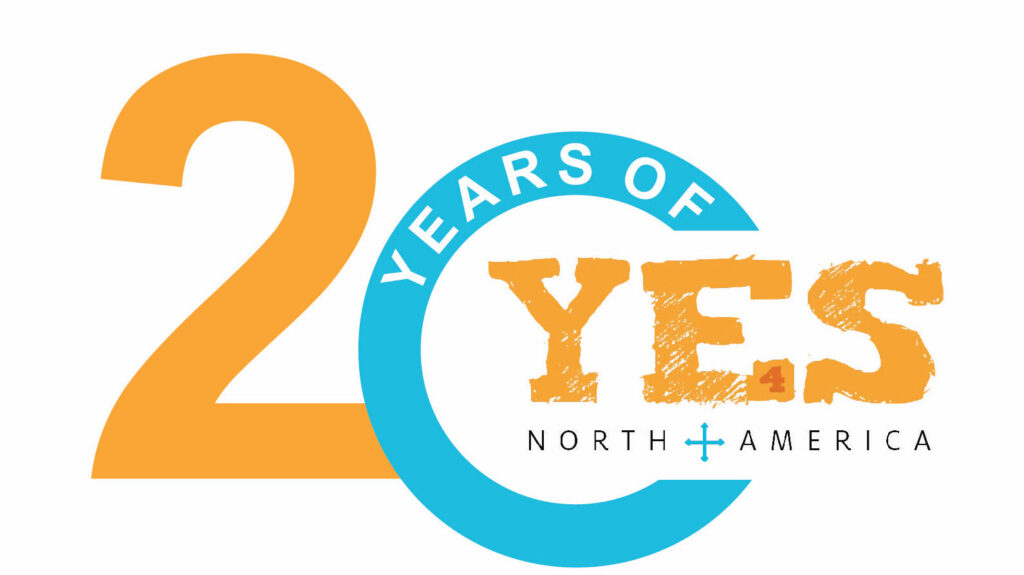How has the COVID-19 pandemic affected those that we don’t see, interact with, or identify with?
The COVID-19 pandemic has led to increased isolation. With this isolation and fear comes a focus on oneself and one’s immediate family. But in YES fashion, it is important to educate ourselves on how different communities are being impacted by an event that has touched each one of us. How are those beyond our walls being impacted, and what can we do to help?
With inmates living in close proximity with limited space, prisons have become a hotbed for coronavirus. As of December 2020, 1 in every 5 prisoners contracted Coronavirus. This is five times higher than the national average of 1 in every 20 people. While many Americans are receiving their first vaccine, the spread of COVID-19 behind bars shows no signs of abating. And with prisoners not receiving adequate medical care, prisoners are much sicker than they need to be. At least 275,000 prisoners have been infected, and more than 1,700 have died, but medical personnel state that this number is a vast undercount. Prisoners, some of whom are in jail due to non-violent offenses, have been sentenced to death by COVID-19.
In addition, communities of color find themselves at disproportionate risk during the pandemic. For example, immigrant communities make up much of the frontline and essential workers, as they work in areas such as agriculture, food preparation, and delivery. Also, communities of color have been hit partiularly hard because they tend to live in closer quarters, are more likely to have pre-existing conditions, and suffer from lack of affordable or accessible healthcare. Early studies have shown that Black and Latino populations are 4 to 9 times more likely to contract Covid-19.
The pandemic has exposed many cracks in our society, and these cracks have led to unnecessary suffering in communities across the nation. These statistics are a visual indication of the different values we place on people in our society who are deemed as different or not worthy of protection. This has proved to be deadly.
YES shares the message of the Gospel, that every person we encounter is created in the image and likeness of God and should be approached with love, dignity, and compassion. In the midst of this pandemic, we should not let fear keep us from advocating even more fervently for those who have always been marginalized, and as a result, are now even more vulnerable due to COVID-19.
While we may be separated, we can still help one another. If you are interested in advocating for those in prison to have proper protection and care, check out the Innocence Project. In addition, as food insecurity has increased, look to see if you can donate food or money to local shelters that assist individuals who are struggling.
There is little doubt that COVID-19 has effected our society in many ways. It has also laid bare the vast inequities in our society. Do we choose to ignore what this public health crisis has made so clear to us? Giving the least amount of care to those who are the most vulnerable doesn’t align with who Christ has called us to be. As we all hope to usher in a new normal this year, we should hope to change how we care about those around us. To those who are suffering, we must not, and cannot look away.
– Nicole Khamis, YES Leader. Nicole attends Harvard School of Law. She is the founder of MRAP: Michigan Refugee Assistance Program, a student lead non-profit at the University of Michigan.




